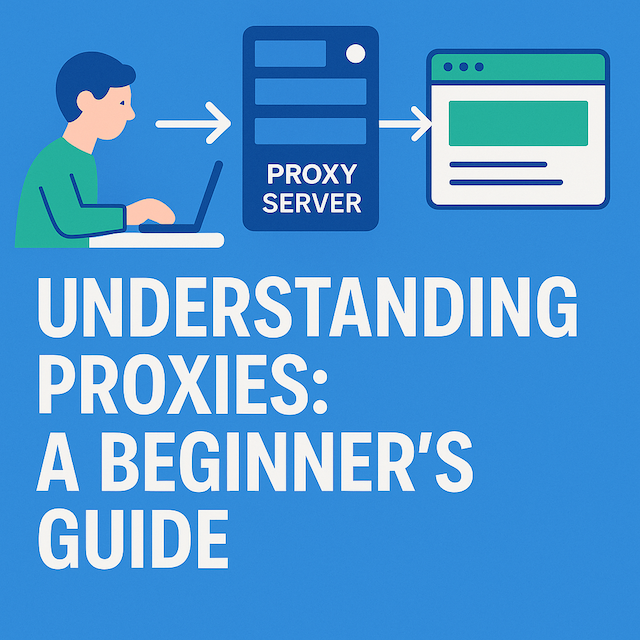
By Admin @June, 18 2025

The world of proxies can often seem like a maze of technical jargon and complex concepts, especially for those who aren't tech-savvy. Here's a simplified take on the different types of proxies and their uses, helping you navigate this intricate subject.
At its core, a proxy acts as an intermediary between your computer and the internet. Think of it as a bridge that connects your requests to the online world, ensuring your anonymity and enhancing security. Proxies are indispensable tools for many online activities, offering various benefits depending on their type.
Types of Proxies:
Data center proxies are the most common and affordable type. These proxies are housed in data centers and are associated with specific service providers. They are excellent for basic tasks such as bypassing geo-restrictions and accessing restricted content. However, their simplicity also means they are more easily detectable and less suitable for more complex tasks.
Advantages:
Cost-effective (e.g., $0.7 per month for US-based proxies)
High-speed internet connection
Easy to use with anti-detection browsers
Disadvantages:
Higher likelihood of being detected by sophisticated websites
Occasional issues with services like Google when using older proxies
Residential proxies provide IP addresses assigned by Internet Service Providers (ISPs) to regular homeowners. This makes them appear as genuine users, thus reducing the chances of being detected and blocked. They are ideal for tasks requiring higher levels of anonymity and reliability.
Advantages:
Higher anonymity
Reduced likelihood of encountering CAPTCHAs
Suitable for automation tasks, social media management, and web scraping
Disadvantages:
More expensive than data center proxies
Potentially slower internet speed depending on the ISP
Mobile proxies utilize IP addresses provided by mobile carriers, making them the most secure and least detectable type of proxy. They are particularly useful for complex tasks that require the highest level of anonymity, such as manipulating search suggestions or working with smart social networks like Facebook.
Advantages:
Extremely high level of anonymity
Essential for tasks involving high scrutiny, such as gaming or social media manipulation
Disadvantages:
Significantly more expensive than residential proxies
Speed can be slower due to the nature of mobile networks
For general web surfing and avoiding simple restrictions, data center proxies are sufficient. When you need to automate tasks or manage multiple social media accounts, residential proxies are the better option. For the most demanding and high-stakes tasks, such as manipulating search engine results or managing complex social media campaigns, mobile proxies are the way to go.
Comparison Table:
|
Proxy Type |
Cost |
Speed |
Anonymity |
Ideal For |
|
Data Center |
Low |
High |
Low |
Basic web browsing, bypassing geo-blocks |
|
Residential |
Medium |
Medium |
High |
Automation, social media management |
|
Mobile |
High |
Variable |
Very High |
Complex tasks, high-stakes social media work |
By understanding these different types of proxies and their specific advantages, you can make an informed decision on which one suits your needs best. Whether you're a casual internet user or a professional managing multiple online tasks, there's a proxy solution out there for you.